Stop being precious.
I’ve lost track of the number of times I’ve been stopped and told my jeans swallowed the back half of my shoe and dragged on the ground, that there was a stain on the back of my sweater, or there was a small hole developing on the knee of my pants. It’s driving me crazy.
I usually decide it’s a compliment and move on, but after so many instances I can’t help but wonder why people care. Why is it a problem that my jeans drag on the ground? Sure, the friction between the denim and the concrete leaves the bottom hem raggedy and fraying, but I’m perfectly fine with that. I’m wearing the jeans as they’re meant to be worn… can people stop giving me dirty looks for it?
These comments stem from a perfection-promoting modern fashion culture that treats clothes like priceless artifacts rather than, well, clothes. In the same way, paper is meant to be marked up, clothes are meant to be worn; truly, fully and honestly worn in a way that feels right to you. But it started to seem to me that people just didn’t understand that.
Imagine a 20-something-year-old man, who we’ll call Mike, who just finally got his all-time favorite pair of sneakers, the 1985 Air Jordan 1 Chicago. Mike is fascinated by the eggshell-colored tumble-leather toe box. Infatuated with the cherry-red rubber sole and obsessed with the cream-colored cotton twill laces, carefully weaving them up the length of the shoe’s tongue, Mike is so proud, so protective, so obsessed with his precious Jordan 1 Chicago’s, that he can only bare to expose them to the terrors of the outside world and wear them on one, glorious, glorious occasion: his cousins wedding reception (where he also changed shoes once he was sure everyone had seen his footwear).
So why did Mike even buy them? What’s the point? Why invest all the time and money into a shoe, only to throw them on a shelf and drool over them? When broken down to its simplest purpose, a shoe is meant for walking. Mike, and many others like him, miss this point entirely. For them, clothes are not designed for living in. Clothes are designed for looking at. And if they get dirty or damaged, they’re not worth looking at any longer.
This constant obsession with the condition and perfection of high-value fashion takes away from the true purpose of clothes: to wear them. People spend insane amounts of money on the highest quality, best designed, tide-pod-killing, neck-snapping pieces, yet never experience said piece, simply because they’re too precious with them. Believe it or not, if Mike creases his Jordans, the world won’t stop spinning.
I’m not suggesting that you should stop washing your clothes, or that you should take your favorite jacket and go roll around in the mud. There’s a difference between being precious and taking care of something. But what does “precious” even mean?
“It’s something that means a lot to you,” said Summit junior Jake Vigeland. “Something you’d do anything for.” Notice how Vigeland said something, rather than someone. Especially in today’s society, people tend to hold materialist values closer to their chest than in many other cultures, in which family and experiences are pedestaled.
This treatment towards many things can be important. But when applied to clothes, it creates an endless cycle of consumerism. A culture centered around shiny objects preserved on your shelf will never leave you feeling truly fulfilled. There’s always going to be something shinier around the corner. Mike’s Jordan 1 Chicago will soon become a Nike Air Yeezy 2. That Rick Owens jacket you so desperately want an Instagram post in will soon be replaced by the newest Rick Owens jacket you need for the next Instagram post.
It’s easy to fall into this cycle. Fashion has a no-joke financial access line. Wanting to keep your clothes in tip-top condition makes a lot of sense, especially when considering all that you invest into them. That feeling of pride and protectiveness is natural given the context.
But pushing past that pride and protectiveness is worth it.
I love fashion. Clothing is beautiful. Its accessibility, complexity, practicality and expressiveness are unique only to itself. This constant pressure to only wear your best outfit on “special occasions,” or always make sure your favorite shirt is free of wrinkles and stainless ruins the best aspects of fashion. I don’t want fashion to be about who has the biggest sneaker collection, who has the biggest Shein haul or who can make the biggest spectacle.
Clothes are so much more than that. Clothes are meant to be lived in. Clothing is a mere extension of one’s self, meaning each “flaw” represents a moment. Each hole, scuff, stain, pull, thread, wrinkle, patch, stretched collar and missing button represents an experience. These flaws are beautiful. These flaws are art; life is the brush, and your outfit is the canvas. Being precious eliminates this beauty. Take that sweater you love off the hanger. Jump into the ocean in it. Spill your coffee on it. Go to a concert in it. Once you finally detach yourself from this never-ending consumeristic, vandalistic, precious outlook on fashion, you will realize the real precious part is the time you spend on these clothes.
So I beg you: stop being precious. Experience life, and allow your clothes to reflect those experiences.















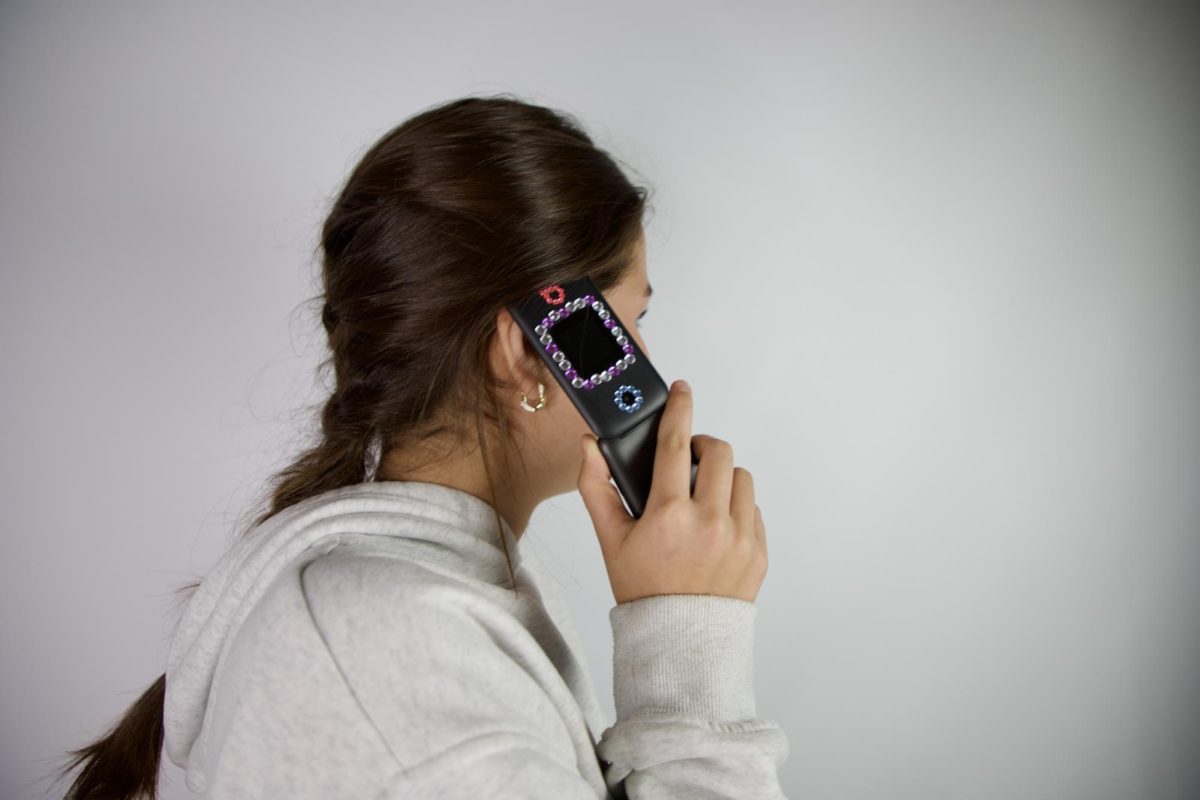











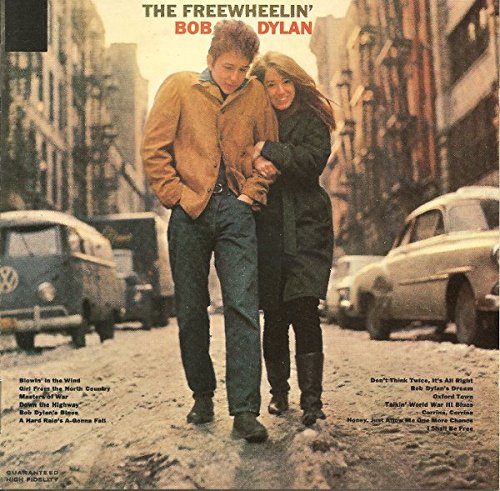
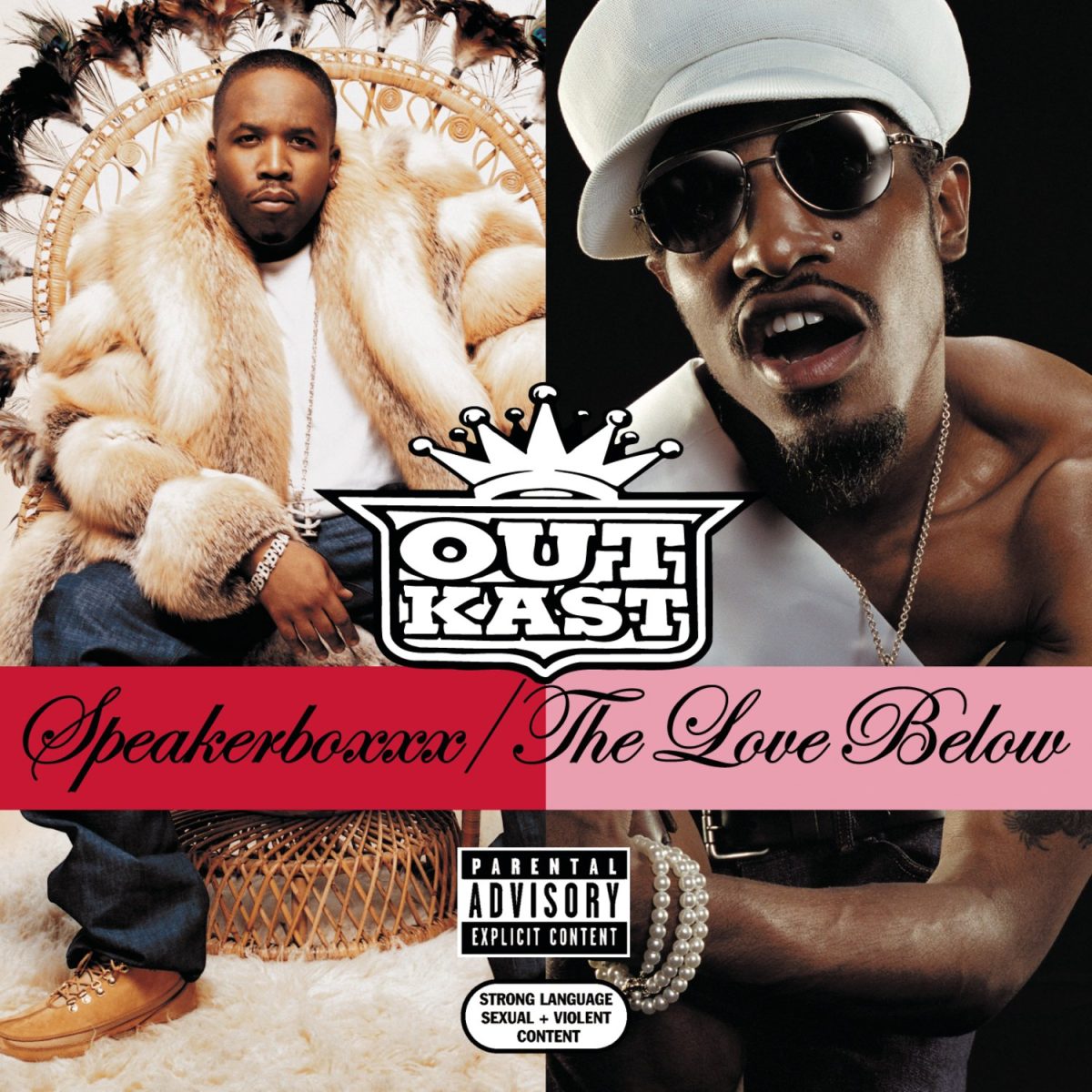
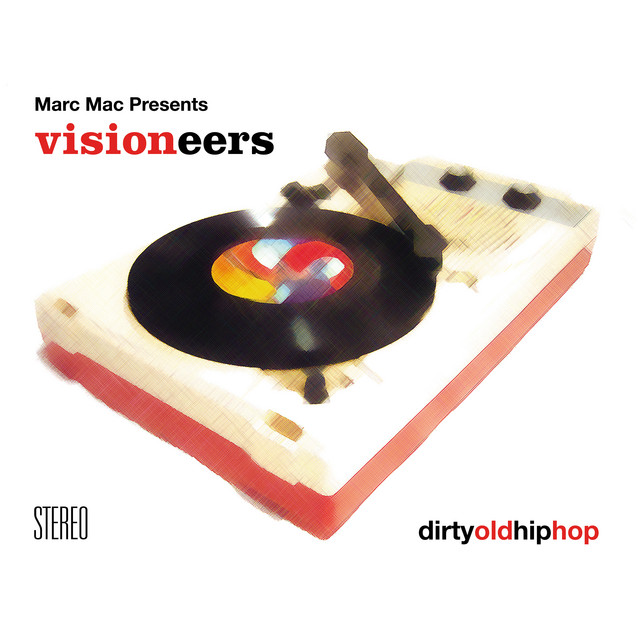
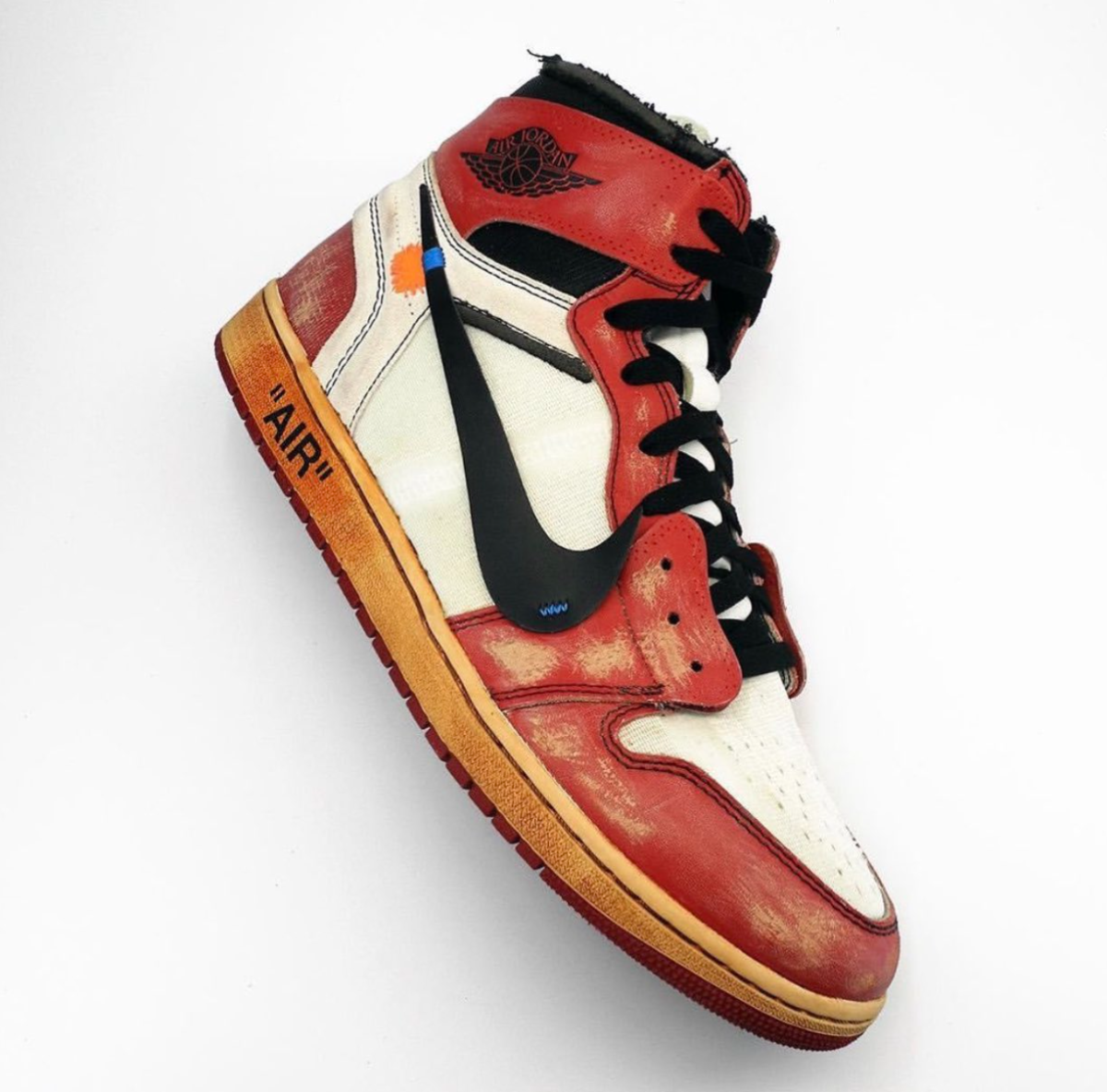


K.W. • Feb 28, 2024 at 8:04 pm
my most expensive pair of sneakers (800$) has a huge hole from skateboarding in them. they are skate shoes. preach
Anonymous • Feb 26, 2024 at 2:06 pm
I feel like in general all purchases have become a statis symbol. I buy collectibles from my favorite movies or tv shows that sit on my shelves in the hope that someday I can show it off to another fan of the series to impress them. Sure I think they look cool and its nice to know I own it, but the value of the thing is only as great as people around me make it.